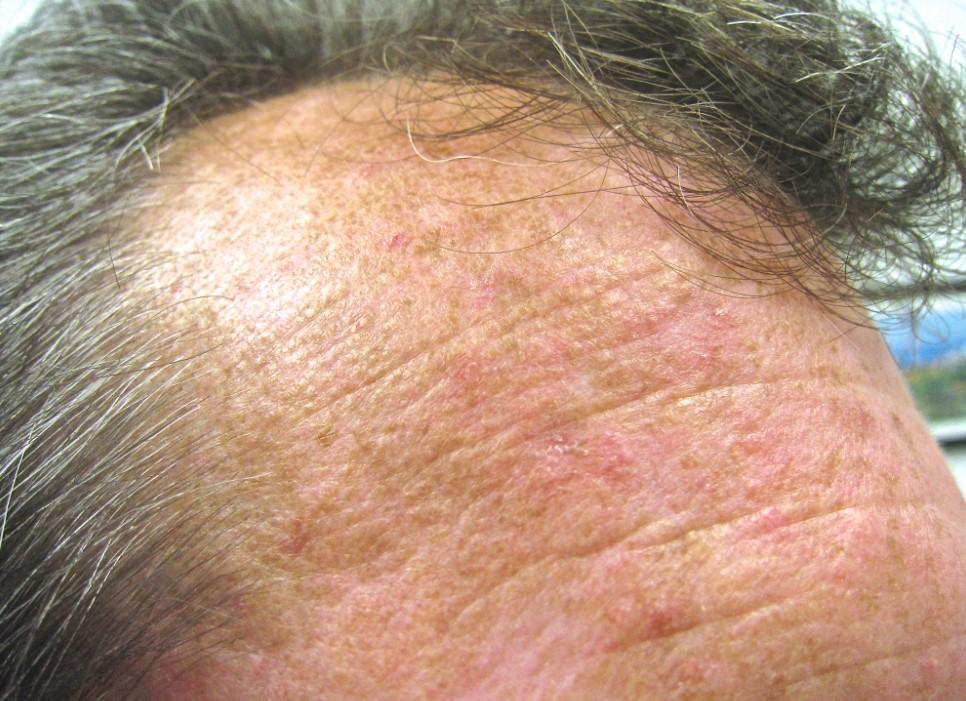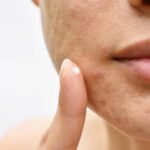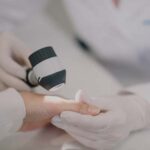Actinic keratosis, also known as solar keratosis, are precancerous growths that appear on the skin as rough, scaly patches.
They are caused by prolonged exposure to UV rays from the sun or tanning beds.
There are several treatment options available for actinic keratosis, and the best one for you will depend on the number and location of the growths, as well as your overall health.
One popular treatment option for actinic keratosis (or keratoses as plural) is cryotherapy, also known as freezing. This involves applying liquid nitrogen to the growths, which causes them to blister and eventually fall off. This treatment is quick and relatively painless, but may cause some redness and swelling in the treated area.
Another option is topical creams, such as 5-fluorouracil (5-FU) or imiquimod. These creams work by causing the top layer of skin to peel off, revealing new, healthy skin underneath. These treatments can take several weeks to work and may cause redness, itching, and flaking.
For larger or more widespread growths, a medication called diclofenac gel may be prescribed. This gel is applied to the growths and works by reducing inflammation and slowing down the growth of the cells.
For those who want to avoid topical treatments, photodynamic therapy (PDT) may be an option. In this treatment, a cream is applied to the growths and then the area is exposed to a special light. The light activates the cream, causing the growths to die.
In some cases, surgical options such as curettage and electrodesiccation may be used to remove the growths.
It is important to note that actinic keratosis can be prevented by protecting your skin from UV rays with sunscreen, hats, and protective clothing, and by avoiding tanning beds. It is also important to have regular skin exams to check for any unusual growths.
At Apollo Dermatology, we diagnose and successfully treat hundreds of cases of actinic keratosis every year. If you have actinic keratoses, it is important to have them treated.
While they are not cancerous, they have the potential to turn into skin cancer if left untreated. Make an appointment with Dr. Dupati at Apollo Dermatology to see which treatment option is best for you.
You will be in good hands. Make an appointment today to screen for these skin cancers.
Make an appointment with Dr. Dupati today at Apollo Dermatology for you and your family members to screen for Squamous Cell Carcinomas.
Apollo Dermatology – Board Certified Dermatologist Office serving Auburn Hills, Lake Orion, Rochester Hills, Troy MI, and all of Southeast Michigan
OFFICE HOURS
Monday:
9 AM – 4:30 PM
Tuesday:
9 AM – 4:30 PM
Wednesday:
9 AM – 4:30 PM
Thursday:
9 AM – 4:30 PM
Friday, Saturday & Sunday:
Closed
ADDRESS:
Apollo Dermatology, Board Certifified Dermatologist in Rochester Hills
555 Barclay Circle
Suite 170
Rochester Hills, Michigan
48307
DIRECTIONS:
Apollo Dermatology – Board Certified Dermatologist Office serving Auburn Hills, Lake Orion, Rochester Hills, Troy MI, and all of Southeast Michigan
















